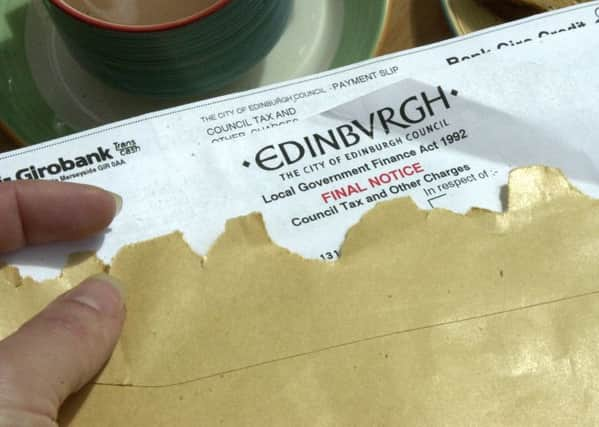£110m of fraudulent payments uncovered in new initiative


Audit Scotland co-ordinates a national data-sharing exercise every two years to match databases from separate public bodies to discover if anyone has defrauded the system.
It includes matching electoral registers against households receiving single-person tax discounts to see if others are living at the address.
Advertisement
Hide AdAdvertisement
Hide AdBodies can also match employee lists to benefit claimants to find out if they are not declaring income or working while claiming to be unemployed, or pensions records to death registers to ensure people do not collect pensions for dead relatives.
The latest national fraud initiative in 2014/15 uncovered nearly £17 million of fraud and error, taking the total recorded fraud and errors to £110.6 million since 2006/07.
The latest NFI has resulted in 5,939 overpayments being recovered worth approximately £4.6 million.
Some 4,846 council tax discounts have been reduced or removed, 194 occupational pensions stopped, 3,073 disabled blue badges stopped or flagged for future checks, 868 housing benefit payments stopped or reduced and £2.1 million in further savings from the NFI 2012/13.
The matches which generated the most outcomes were council tax discounts, pensions, blue badges and housing benefits.
Russell Frith, assistant Auditor General, said: “The national fraud initiative makes a significant contribution to the security and transparency of public finances by checking that services are provided to the correct people and therefore helping to reduce fraud and error.
“It also acts as a powerful deterrent against persons who might be planning to commit fraud.
“It’s important that public bodies take full advantage of the support that the initiative can provide to their detection work .”